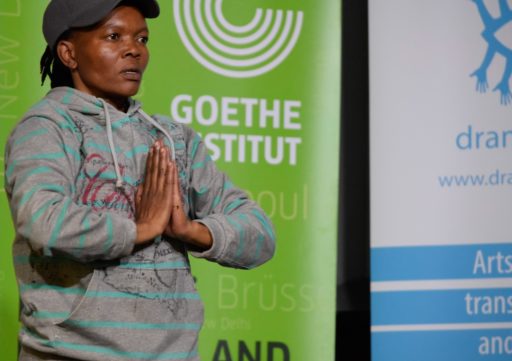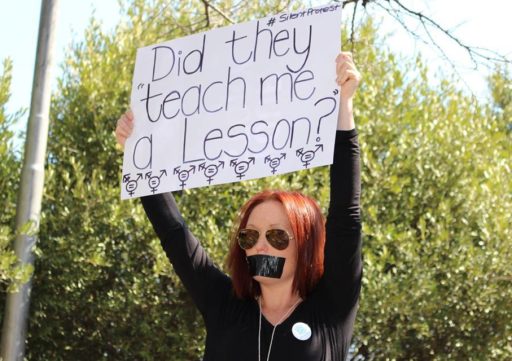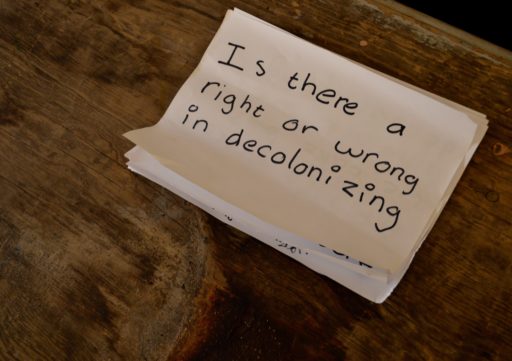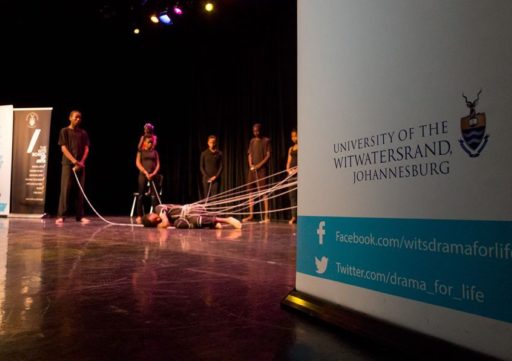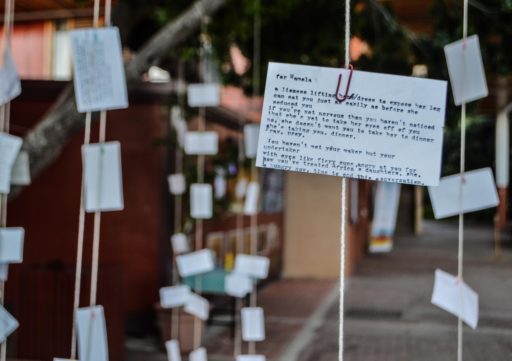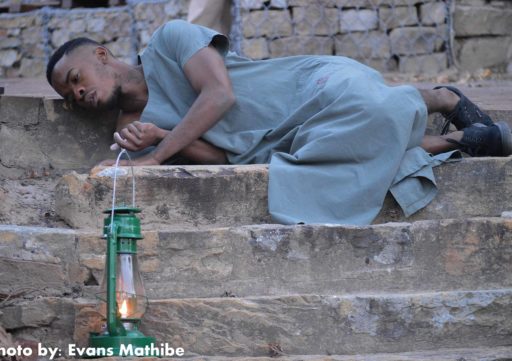Research at Drama for Life
Drama for Life’s approach is based on relational psychology theory that uses arts methods, therapies and supervision in a responsible, ethical and reflective way. Our education, community engagement and research processes are designed to be experiential and responsive to current social realities. Through partnerships in human rights, culture and development, incorporating reflection, process and participation, in an interdisciplinary and integrated approach, frames Drama for Life’s contribution to developing leadership, citizenship, sustainable development, conflict resolution, and diversity, human rights and social justice.
Drama for Life actively engages in the intersection between theory and practice, exploring new developments in relation to research, theory and practice in arts, transformation, education, therapy, rights; and the barriers to effective practice in the field and context. Although the nature of Applied Arts evaluation and impact measurement practice is still emergent, our research connects to a key cluster and involves agencies such as universities, non-government organisations and arts providers both on the continent and beyond; enabling an understanding of its impact; of the barriers to practice and of developments which may create more effective work. Valuing collective and inclusive development of relevant, responsive and sustainable arts-based approaches to address challenges, develop markets and maximise resources in local contexts, through this network, Drama for Life has created connections to build capacity and share knowledge. Drama for Life’s contribution is facilitated through Academic Degree Courses, Short Courses, Seminars, Symposia, Conferences, Creative Research Projects and Research Publication, intended to:
- Provide platforms for applied drama, drama therapy, arts education, research and practice on the African continent to create an inter-continental and international dialogue about the significant role applied drama and theatre can play in social transformation
- Expand knowledge and understanding of the arts as a vehicle for development, healing and social transformation
- Deepen understandings of the role that indigenous cultural practices, performances and rituals play in development


